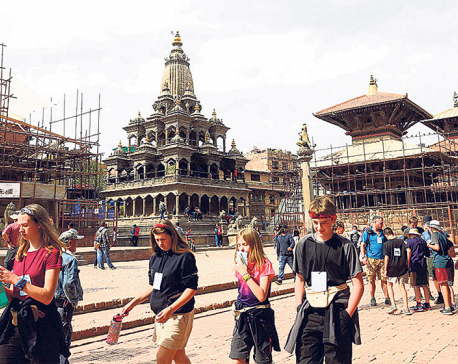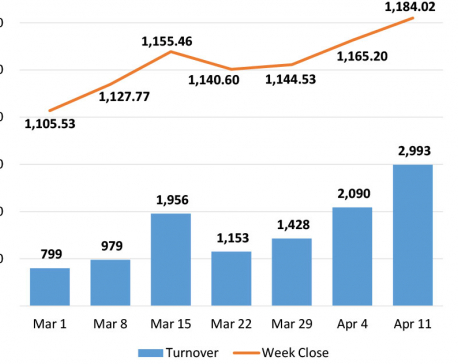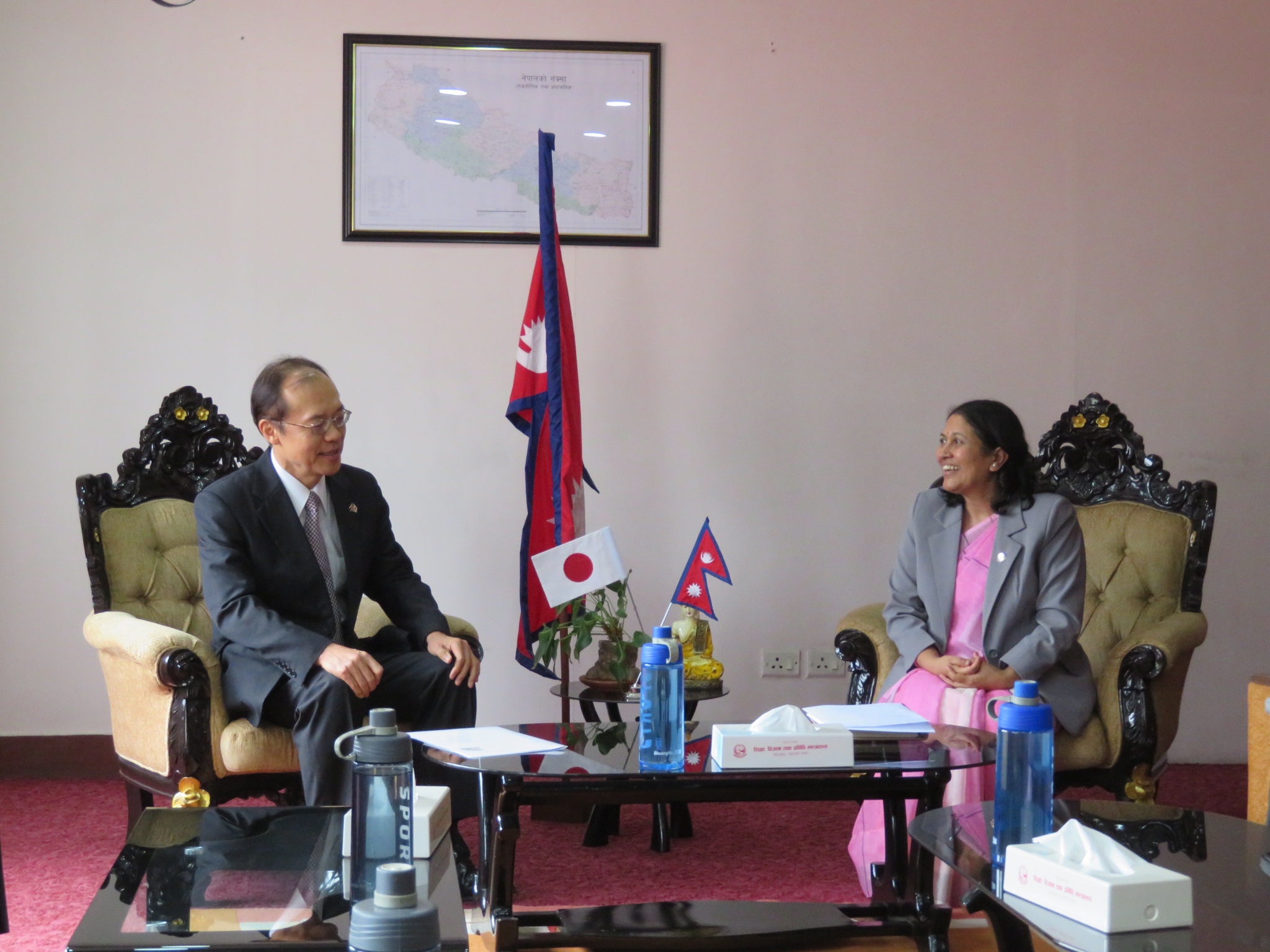
OR
Editorial
Economy in the doldrums
Published On: December 22, 2022 07:53 AM NPT By: Republica | @RepublicaNepal

The current situation paints a bleak picture of the Nepali economy although its external sector has recovered marginally in recent times. An improvement in the remittance inflow, trade balance and foreign currency reserves are something to cheer about. However, other crucial macroeconomic indicators like the inflation rate, government expenditure, government revenue mobilization, interest rates of banks, foreign direct investment (FDI) and aggregate demand haven’t been healthy in recent months. The differences in claims by the private sector and government bodies regarding the country’s economic situation has left the people in further confusion. While the private sector’s reading shows that the economy could crash any time soon, government position holders including Finance Minister Janardan Sharma and Nepal Rastra Bank (NRB) Governor Maha Prasad Adhikari appear cool and calm and are in no hurry to address the adverse situation. In the first four months of the current fiscal year, trade deficit decreased 15.9 percent; remittances increased 20.4 percent, balance of payments stood at a surplus of Rs 20.03 billion and gross foreign currency reserves stood at USD 9.63 billion that would allow the country to purchase goods and services from abroad for 9.7 months.
On the other hand, the consumer price index escalated 8.08 percent, making people struggle more to manage their daily requirements. The NRB itself has projected the inflation to cross 10 percent in the next few months. While the revenue collection stood one-fourth of the annual targets as of mid-November, the recurrent expenditure soared 12 percent higher. But the capital expenditure is less than 10 percent. Banks are refusing to reduce their lending interest rates, which is as high as 18 percent; despite being cushioned in the liquidity position. The private sector has very low confidence in the economy at present. According to them, the combined effect of low money supply, restriction on imports and realty business and the depleting purchasing power of the people, among others, have taken down heavily the aggregate demand of the economy. A heavy decline in the cash flow has created a risk of taking the economy into a long-term recession. The economists’ opinions are no different from those of the private sector. They say a fall in revenue collection and a rise in recurrent expenses are not good signs for any economy. At a time when the inflow of foreign grants is just Rs 6 billion compared to an annual target of receiving Rs 55 billion, the government might depend more on borrowing to meet its day-to-day expenses.
If Nepal is to face the fate of Sri Lanka, the situation could be more hazardous for the landlocked country. Likewise, the government bodies concerned should take a lesson from Greece’s financial crisis in 2015, which was largely the result of structural problems that ignored the loss of tax revenue due to systemic flaws. Before 2021, Greece experienced high inflation, high fiscal and trade deficits and low economic growth, a situation which Nepal is facing now. Both the government and the NRB now cannot have ‘an escape goat’ by just blaming the Russia-Ukraine war or the impacts of the coronavirus pandemic to turn their back toward the emerging challenges in the economy. Moreover, they must not try to cover the actual economic scenario by putting forth exaggerated data of macroeconomic performance to save face. There also exists ‘fishing in murky water’ for opportunists when the economy goes into trouble. Any wrongdoers, may it be the bureaucrats, the private sector, high ranking politicians or the bankers, should be brought strictly under the legal framework. Moral suasion also has an important role to play when the economy reels under difficult situations. If the internal problems are not solved on time, the achievement of positive development in the external sector may be short-lived. No doubt, everyone will suffer when the entire economy falls into a crisis.
You May Like This

58,348 foreign tourists arrived in Nepal in April
KATHMANDU, May 2: The arrival rate of foreign tourists in Nepal has increased by 159.9 percent in April 2022 as... Read More...

Stocks advance for three straight weeks
KATHMANDU, April 13: Nepal Stock Exchange (Nepse) index opened the last trading week of Nepali year on a strong note.... Read More...

Nepse begins week on a negative note
KATHMANDU: Stocks fluctuated throughout Sunday's trading session but largely maintained a negative bias on the day. The benchmark Nepal stock... Read More...











Just In
- Japanese envoy calls on Minister Bhattarai, discusses further enhancing exchange through education between Japan and Nepal
- Heavy rainfall likely in Bagmati and Sudurpaschim provinces
- Bangladesh protest leaders taken from hospital by police
- Challenges Confronting the New Coalition
- NRB introduces cautiously flexible measures to address ongoing slowdown in various economic sectors
- Forced Covid-19 cremations: is it too late for redemption?
- NRB to provide collateral-free loans to foreign employment seekers
- NEB to publish Grade 12 results next week







Leave A Comment